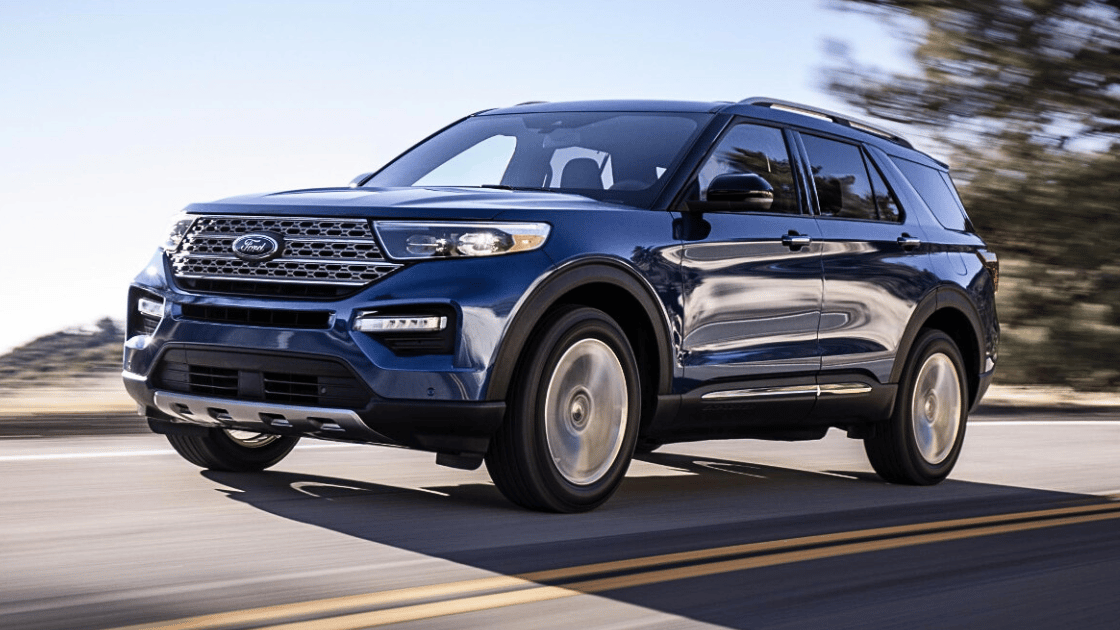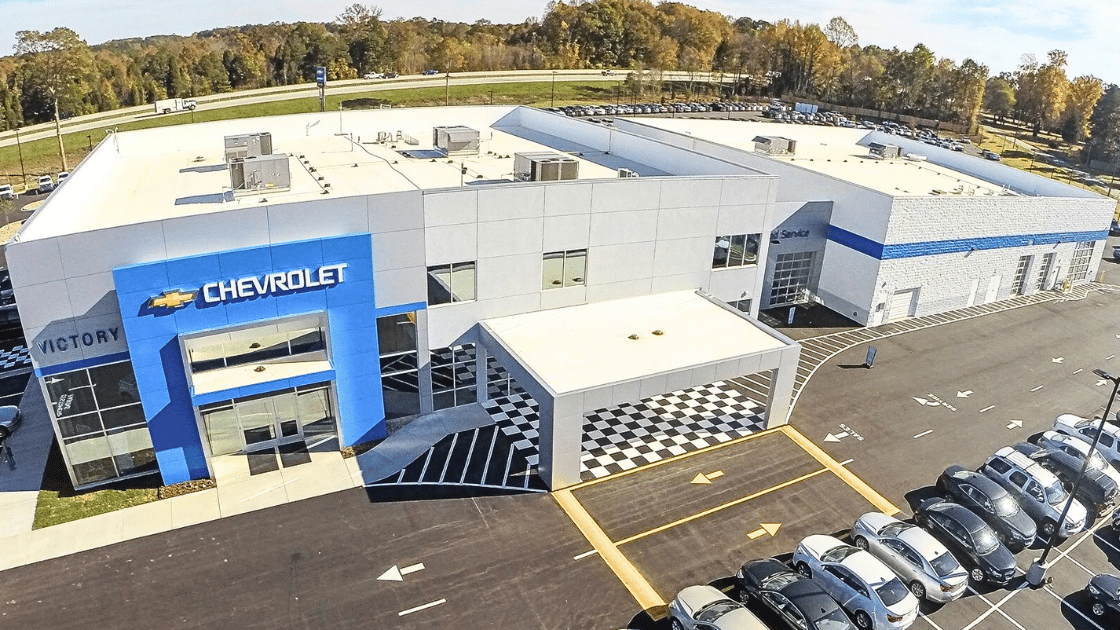
Driving the news: Dealerships are paying extra for trade-ins to boost used inventory as tariffs squeeze new car supplies and drive up prices, according to new Cars.com data analysis.
For context: New car inventory grew just 3.7% year-over-year in April after months of double-digit increases.
Meanwhile, dealers started May with 5.2% less inventory than April as consumers rushed to buy tariff-free vehicles.
This fueled March and April sales to 17.8 million and 17.3 million respectively—the highest consecutive months over 17 million since the post-COVID rush in 2021.
Why it matters: Vehicle pricing is starting to be affected as a result.
Cars.com reports the average new car price crept up 0.8% year-over-year to $49,530 in April, with Mexican-built vehicles (typically the most affordable at around $42,000) jumping $1,100 from March alone.
And the pain is most severe for budget buyers, as Nissan just discontinued the last new car under $20,000 (the manual Versa) due to low demand and rising import costs.
What we're watching: As pre-tariff inventory gets exhausted, automakers are pulling back incentives and consumers priced out of new cars are flooding the used market.
As a result, dealerships are paying more for trade-ins to help bulk out their inventory.
Trade-in values jumped $820 year-over-year in April (the first April increase since inflation peaked in 2022).
Values also climbed $388 from March to April, hitting their highest point since May 2023.
Outsmart the Car Market in 5 Minutes a Week
No-BS insights, built for car dealers. Free, fast, and trusted by 95,000+ auto pros.
Subscribe now — it’s free.









